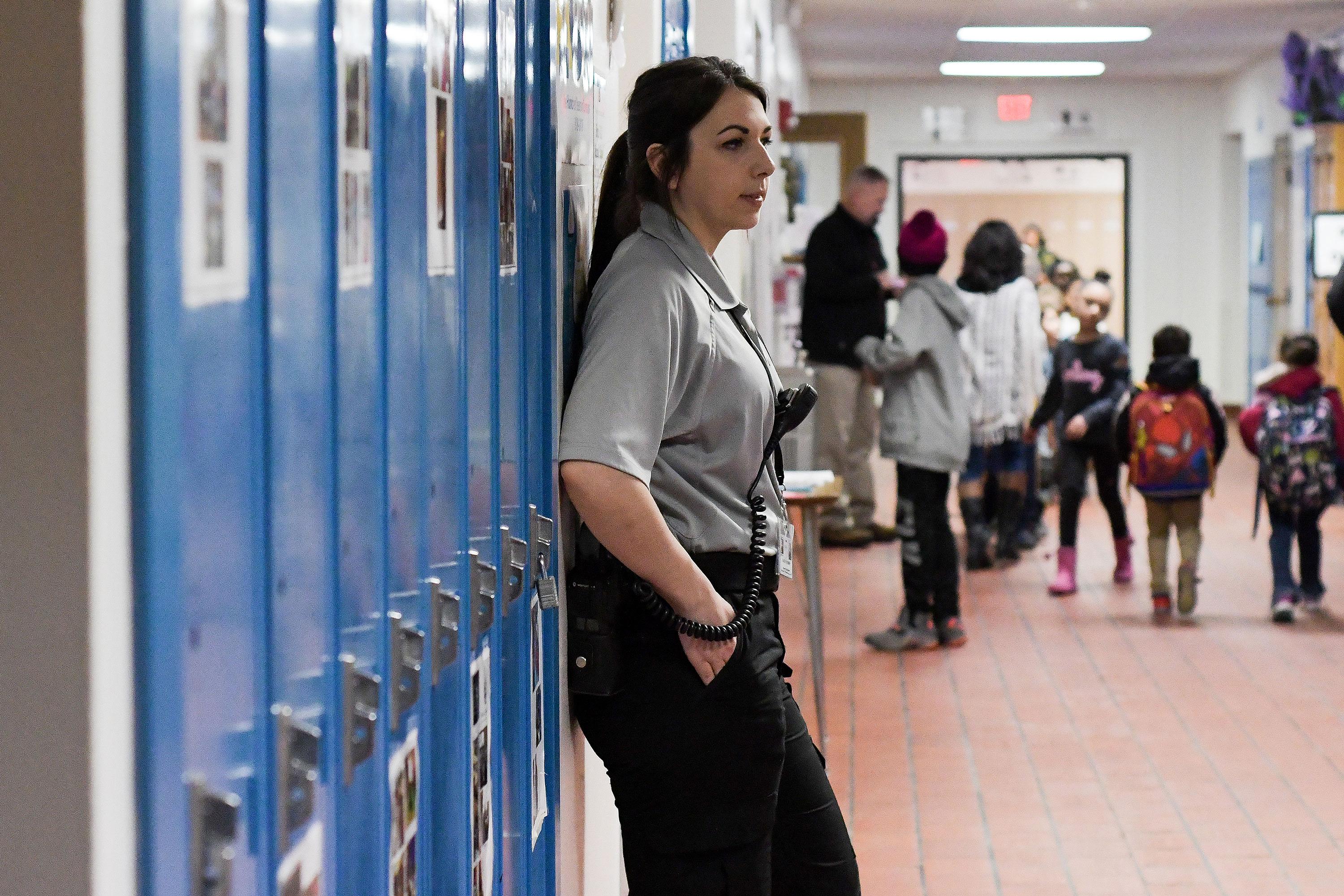
Teens who undergo school shooting training and lockdown drills feel more prepared — and less safe in school — says a new study published in the Journal of School Violence. The focus was on students’ perceptions before and after going through the safety training.
Colorado urban, suburban and rural students interviewed for CPR’s Teens Under Stress series corroborated some of the research findings. Many no longer saw school as a safe place and some worried about the possibility of a school shooting regularly.
One teen said they see a mass tragedy as an inevitability: “Eventually it will happen and there’s nothing we can do about it.”
The research, conducted by Jaclyn Schildkraut, associate professor of criminal justice at State University of New York at Oswego, found students in Syracuse, New York schools did feel gradually more prepared over the course of training and lockdown drills. The study includes surveys of thousands of students in the central New York school district.
“I believe [the trainings] add an extra layer of empowerment that if that worst day ever came, they would know what to do,” she said.
While the students who took part in the study did report they felt less safe in school following training, Schildkraut thinks that could be due to other variables.
“The district that we were working with is an inner-city urban school district, [and] these children are exposed on a daily basis to community-based violence,” Schildkraut said. “So while we can say that there's certainly a correlation between this project and their feelings of safety, we can't for certain say it was a result of the lockdown drills.”
For the drills, she follows the Standard Response Protocol developed by the “I Love You Guys Foundation” out of Conifer, Colorado. The foundation was started by Ellen and John-Michael Keyes after the shooting of their daughter Emily in 2006 at Platte Canyon High School. The protocol relies on unannounced drills but makes sure students are told it isn’t a real emergency to reduce the trauma of the experience.
Schildkraut wants to understand more about the nature of kids’ fears about safety. The goal, she said, is to find ways to mitigate those fears while at the same time training kids to be prepared for an emergency.









